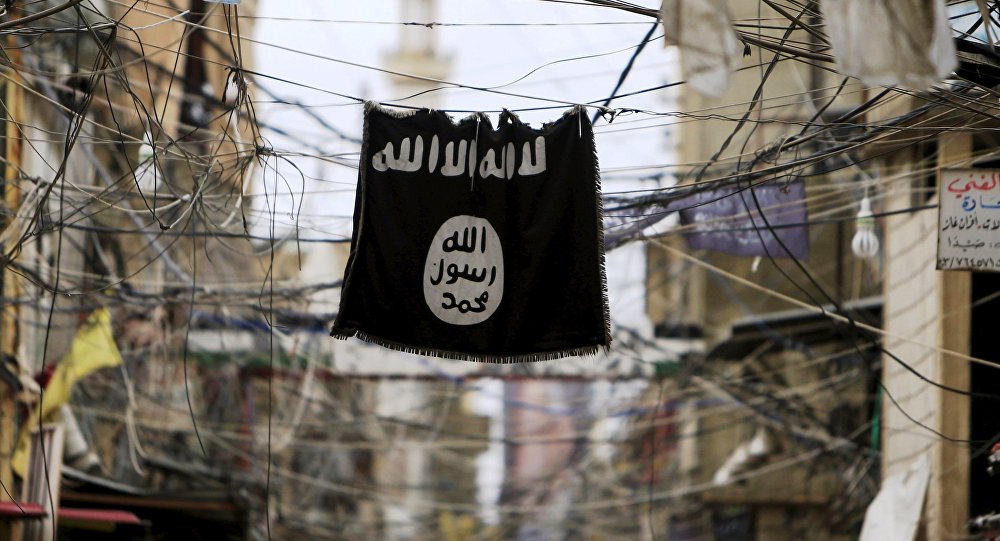The Taliban’s UN Ambassador-designate Suhail Shaheen, formerly a negotiator during the Doha Peace Deal with the US, told Sputnik that “some circles” are are intentionally exaggerating the Daesh threat in Afghanistan “for their own clandestine motives.”
“However, this doesn’t reflect the [real situation on the ground],” he added.
He further remarked that people in “intelligence circles” have an interest in destabilizing the country.
The report by the UNSC’s Analytical Support and Sanctions Monitoring Team, dated July 15, says that Daesh, which operates through its Khorasan affiliate in Afghanistan, views the Central Asian nation “as a base for expansion in the wider region for the realization of its great caliphate project.”
“In April 2022, ISIL-K claimed it had fired rockets into Tajikistan and Uzbekistan,” the report notes, adding that risks of “similar attacks” still remains. Both Tajikistan and Uzbekistan have dismissed claims that the missiles fired by Daesh militants reached their respective territories.
“The aims (of the attack) were to undermine the credibility of Taliban security forces by demonstrating their inability to control the borders, and to attract new recruits from the region,” the UNSC report says.
It further noted that Daesh has been trying to recruit “disaffected” fighters from Taliban ranks as well as other groups, including China-centric East Turkestan Islamic Movement (ETIM) and Tehreek-e-Taliban Pakistan (TTP).
“One member state reported the defection of 50 Uyghur fighters from ETIM to [Daesh-Khorasan],” the report adds.
The report by the UN team also says that Daesh’s leadership, reportedly still based in Iraq, controls around $25 million in reserves. It also states that the group’s control over the funding networks largely remained intact despite efforts by the international community to check terrorist financing.
Increasingly, Daesh has been adapting to use cryptocurrencies and digital wallets to fund its terrorist activities.
In Afghanistan, Daesh attacks have resulted in around 700 deaths since the Taliban came to power last August, according to the UN. The militants have primarily targeted religious and ethnic minorities, as well as schools, mainly with suicide bombings.
